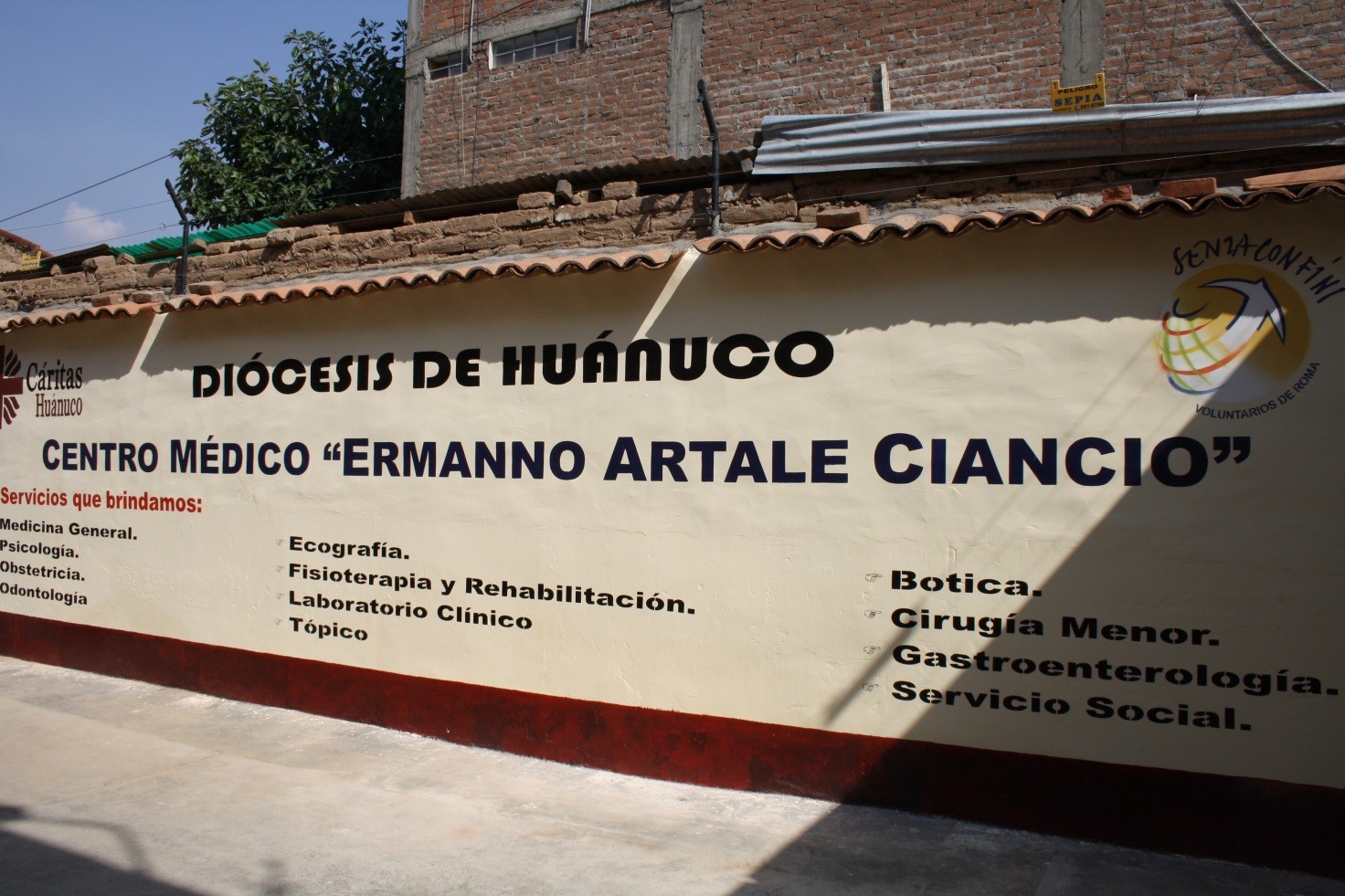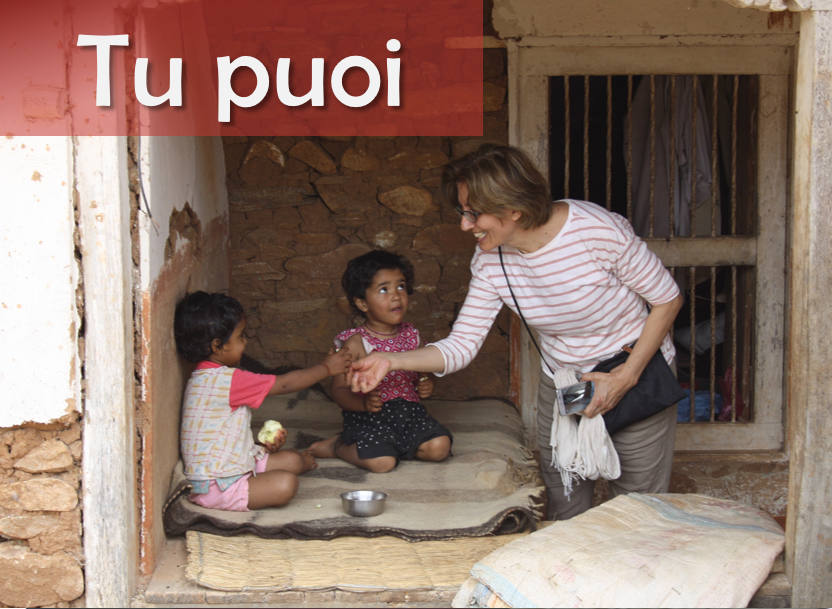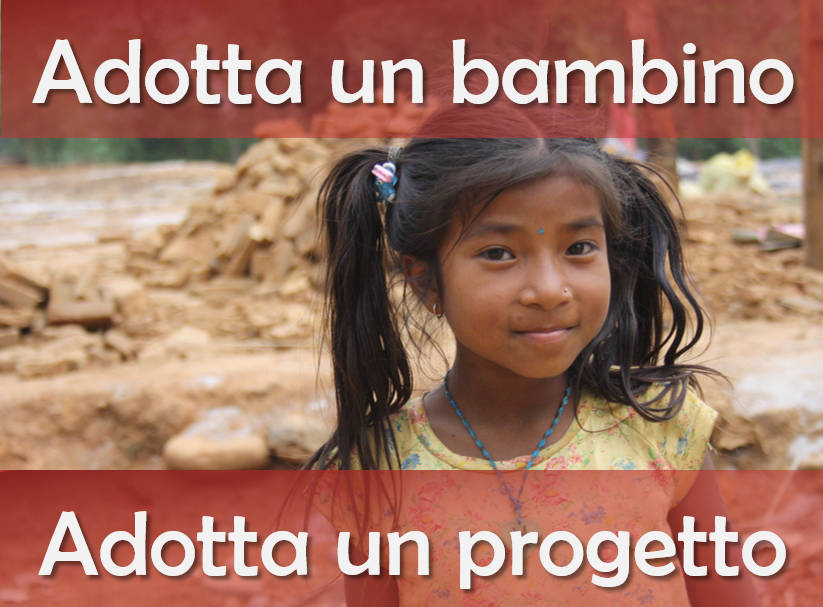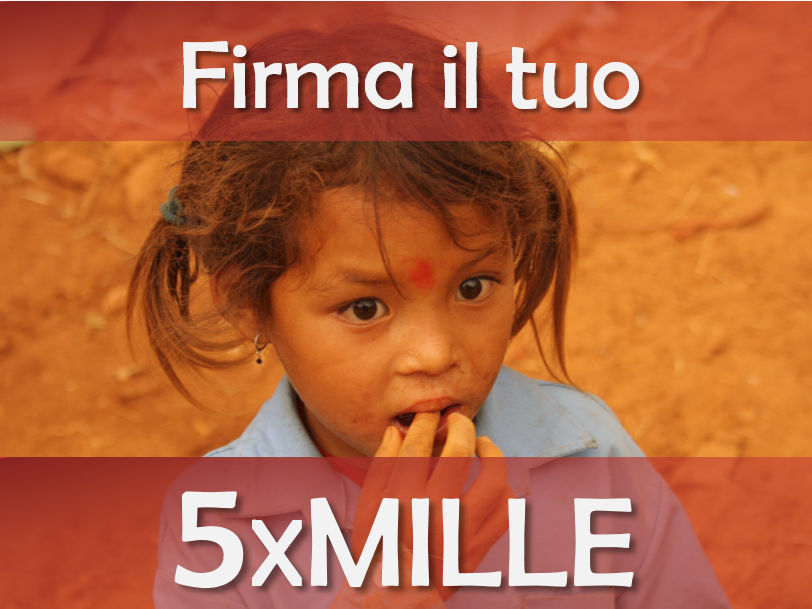Hospital and Outpatients Clinic
We are completing and opening the second group of hospital modules of the Hospital and Outpatients Clinic, made possible thanks to support from CEI (Chiesa Episcopale Italiana).
This complex will provide reliable health services to the most underprivileged sector of the Department of Huanuco's population. The Clinic is located in the centre of the suburb of Puelles, in rapid expansion and inhabited mainly by the poor who live in huts with no sanitary services, drainage or other infrastructure.
This clinic is now providing low cost health services (free to the poorest), after the opening of the first 4 modules on January 6, 2015
This complex will provide reliable health services to the most underprivileged sector of the Department of Huanuco's population. The Clinic is located in the centre of the suburb of Puelles, in rapid expansion and inhabited mainly by the poor who live in huts with no sanitary services, drainage or other infrastructure.
This clinic is now providing low cost health services (free to the poorest), after the opening of the first 4 modules on January 6, 2015
The second phase is nearing completion for:
- Orthopedics, traumatology and Physiotherapy (rehabilitation and short term beds)
- Polivalent module (odontoiatrics, oculistics, dermatology and cardiology);
- Administration building (pharmacy, administation offices, information point, reception and archive, training rooms for medical and paramedic staff, as well as courses on hygiene and childcare);
- Guest house for patients and family who cannot return home the same day, given the distances travelled.
- Sports Center (football, volleyball and basketball, with showers and changing rooms).
The first 4 modules are now fully functional, offering daily, high quality services for
- Emergency Medicine (A & E, minor surgery, short term beds);
- General Medicine (gastroenterology e pneumology);
- Gynaecology, obstetrics and pediatrics (birthing room, psychology, family clinic, short term beds);
- Diagnostics Center (analysis lab, ecography, mammography and radiology)
Around 3,000 people, especially the poor, come to the Clinic every month for diagnosis and therapy.
Help our project by making a donation to: IBAN: IT18K0200805172000015043523
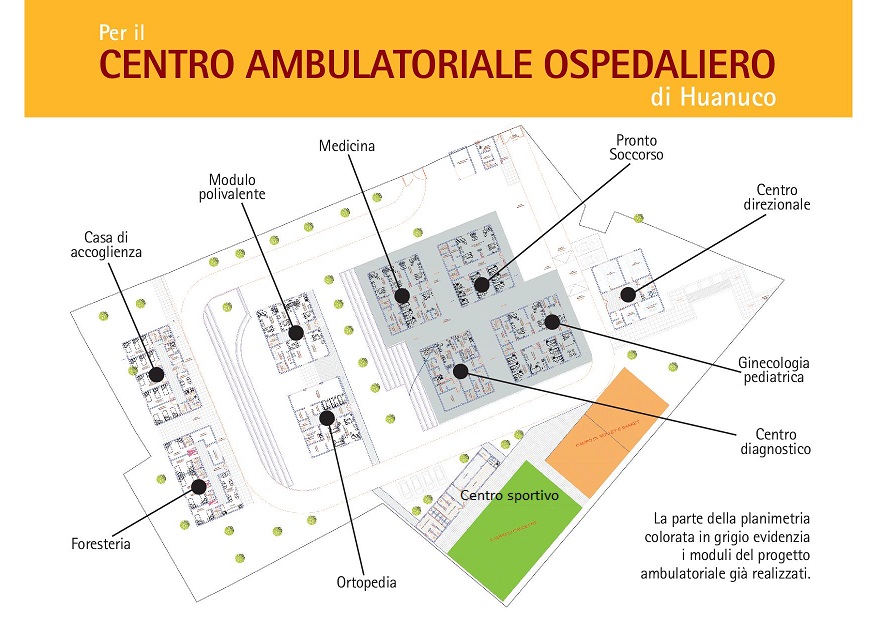
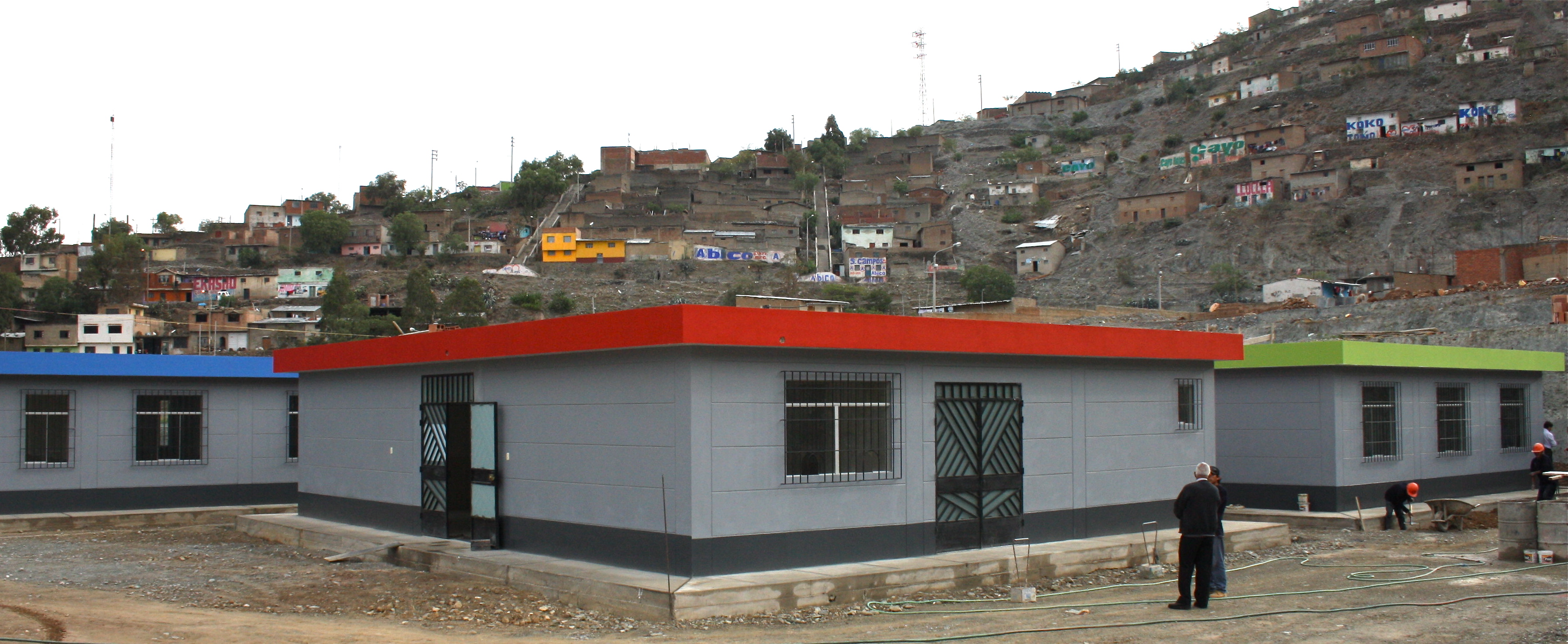
Food Hall for homeless children
Huanuco
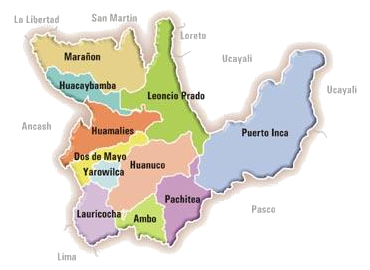
La Regione di Huanuco (a nord-est di Lima), è tra le più povere del Perù.
Si trova situata nella parte centrale del Paese e ha un'estensione di circa 44 mila kmq, superficie che rappresenta il 2,9% del territorio nazionale.
E’ costituita da 11 province e 76 distretti.
Ermanno Artale Medical Centre
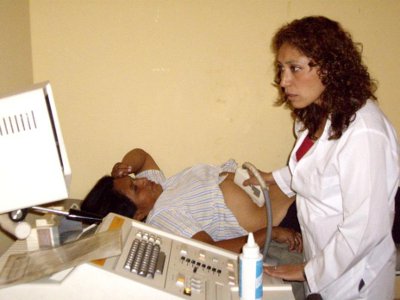
A Project that continues to grow
This Medical Centre was opened 20 years ago, and since then, adding more modern equipment, instruments and updating the furnishings and available medicines has potentiated the Centre, to meet the ever increasing needs of the local population.The Health and sanitary services of this centre are now provided to more than 30,000 people a year.
With further contributions from Senzaconfini, a new Physiotherapy Centre has been created and a mobile medical centre setup.
The Medical Centre is made up of an Outpatients Clinic for:
- Laboratory for medical analyses
- Medical surgery equipped with ultrasound and electrocardiogram
- Gynaecology clinic
- Dentists surgery
- Pharmacy
The new Physiotherapy Centre
One wing of the outpatients clinic urgently required restructuring, and so this newly refurbished area was dedicated to meeting the growing need for physiotherapy, providing specialist training for medical staff and nurses, and the equipment necessary (infrared, magnotherapy, rehabilitation equipment) for physical trauma aftercare.Many of the malformations found in this area are due to the lack of proper treatment and equipment following physical traumas.
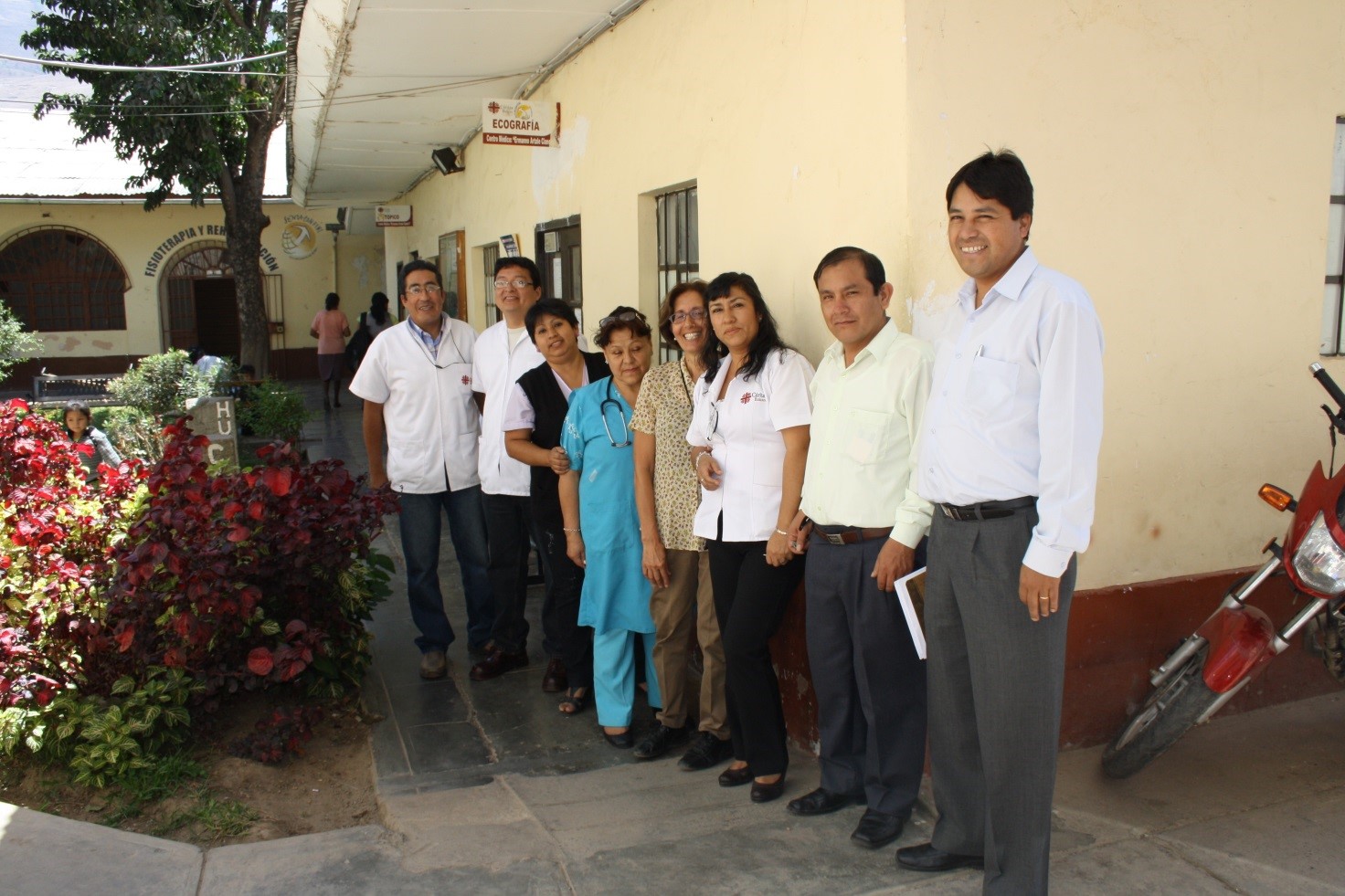
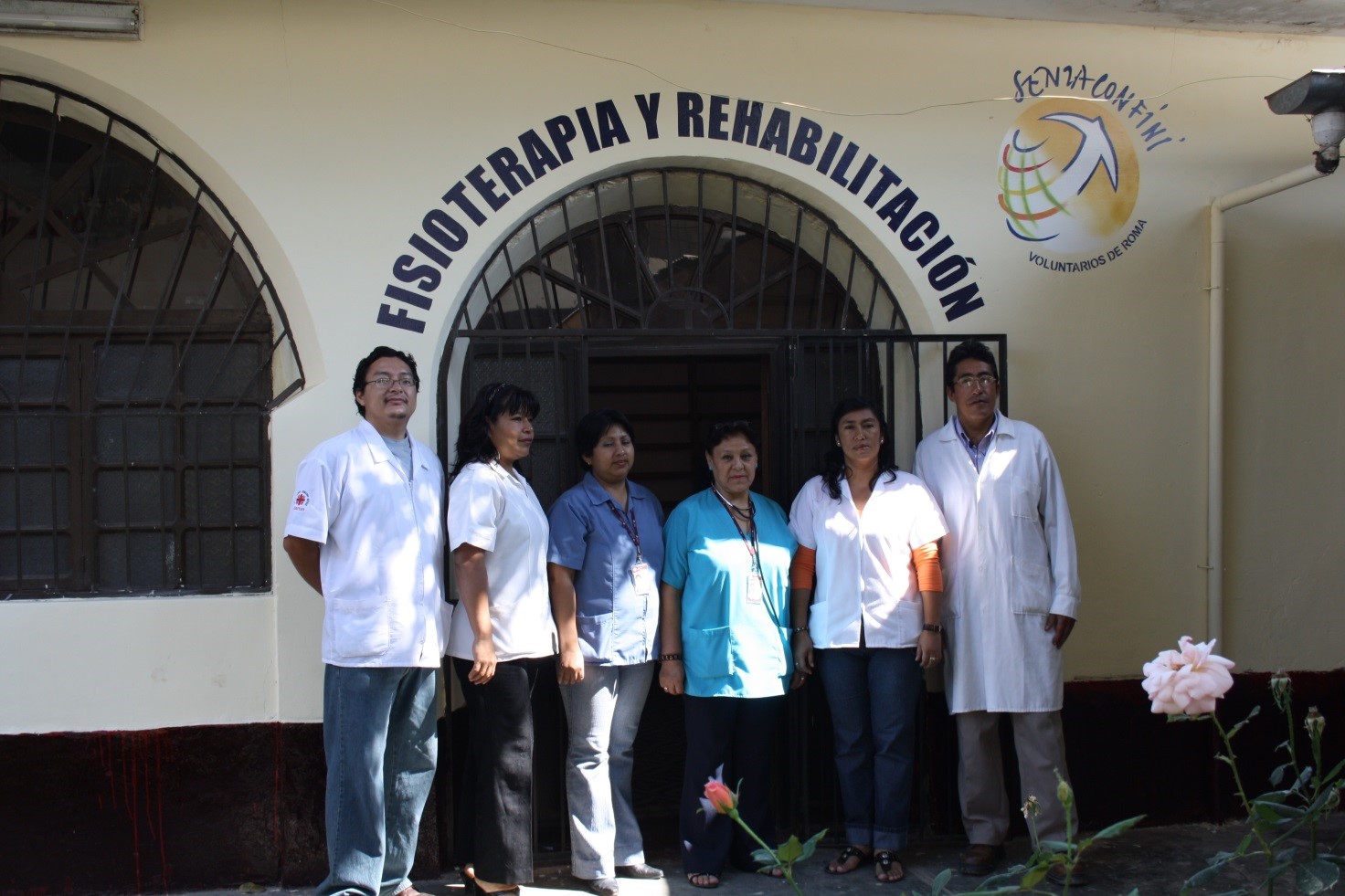
The Mobile Medical Centre
offers health care and assistance to the campesinos in remote and distant villages. The Healthcare is provided by the doctors from the Ermanno Artale Medical Centre, who periodically visit these villages with an ambulance fully equipped as a mobiel medical centre, where up to 50 patients can be seen and treated at one time.Projects in San Sebastian de Quera
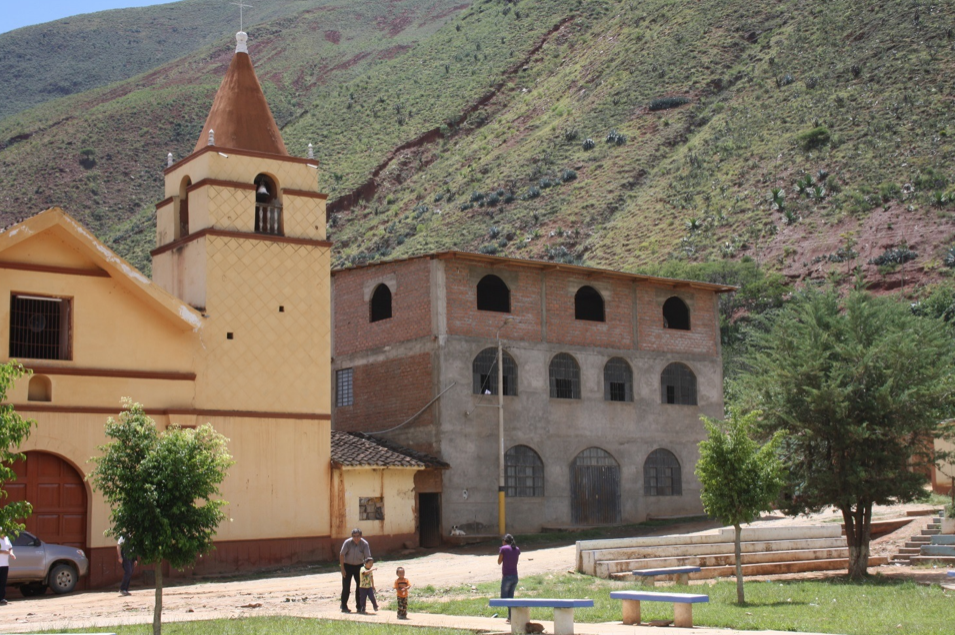
1
Residence for students
San Sebastiàn de Quera is a village not far from Huanuco, and the only location with secondary education facilities. Students from nearby villages are forced to walk three or four hours every morning to get to the College, making it impossbile to attend secondary school.
To help boost further education in the area, Senzaconfini has co-funded the building of a college for secondary schooling with boarding facilities, giving both girls and boys the chance of dignified living and study conditions.
2Support in educating and feeding Quera's children.
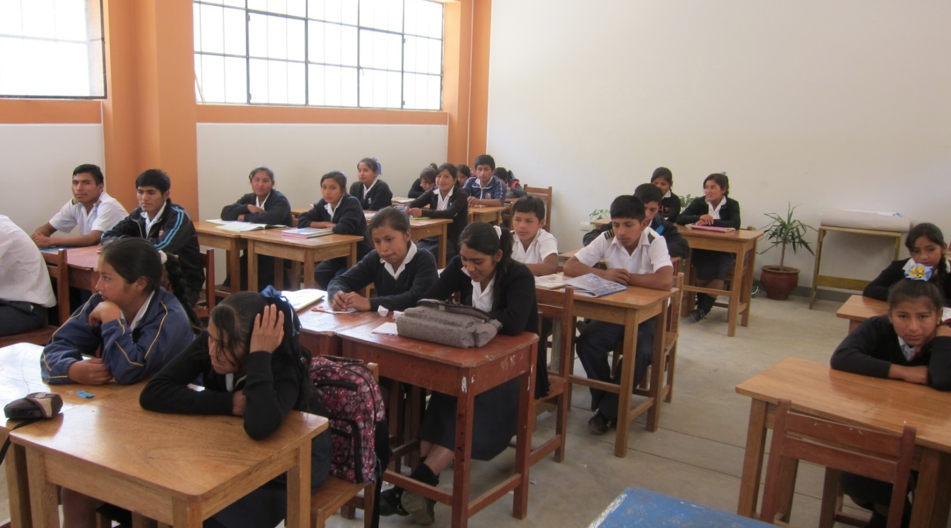
This project is funded by Chaine de Rotisseurs - the global association for gastronomy, and located in the Centre Poblato Minore of San Sebastian de Quera.
This area's population is very poor, in some cases with incomes reaching absolute poverty levels. San Sebastián de Quera is the only town with a secondary school: the other villages have only primary schools, with no prospects of this changing in the near future. This means that children not living locally cannot attend secondary school due to the distance from Quera (4 or 5 hours walking each way from home to school) as their economic situation does not permit use of what little transport is available.
To give these children the chance of attending school, Senzaconfini paticipated in the building of a college to house the poorer students who live far from the school.
The objective of this project was to complete building the college with kitchens so the students would be properly fed, at the same time offering training as cooks and kitchen staff and nutrition.
To reach these objectives, cooking and nutrition courses were offered to the parents of
these students and the women of Quera. This has given them the basic knowledge on nutritional values, how to combine them and prepare different dishes with nutritious ingredients so their children can grow healthily.
Lessons on nutrition and food hygiene have also been organized in class for the students themselves.
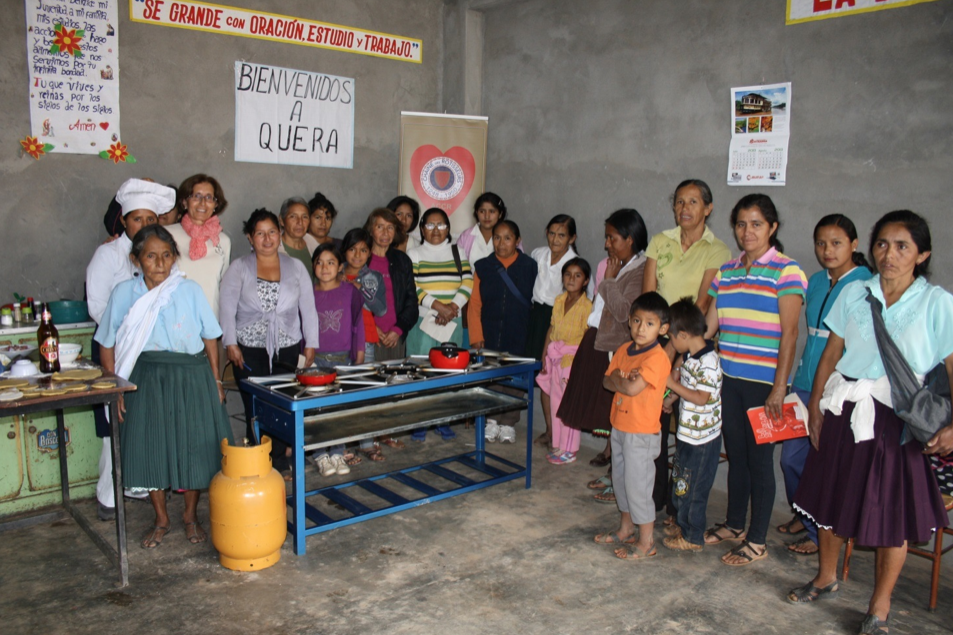
3 cooperative di donne con dota telai
Creating Women's Cloth weaving Cooperatives and Looms
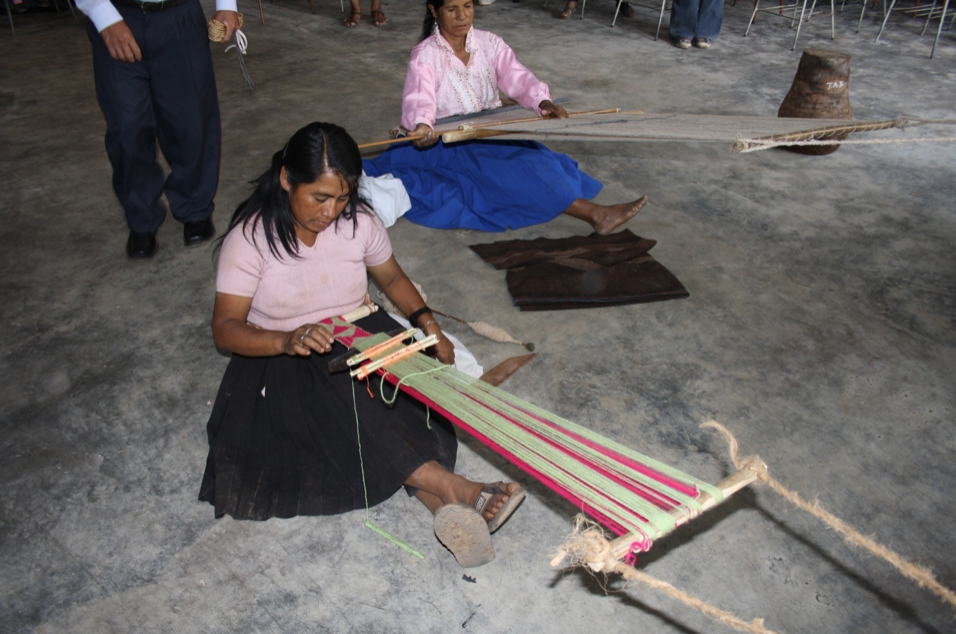
In San Sebastian de Quera, Senzaconfini has not just worked with school children, but broadened its help to include the employment problems of the local population. We helped local women form cloth making cooperatives and organized training courses, as well as supplying looms and the materials required for these courses.
Quera is one of the poorest rural areas of Peru, whose subsistence economy is based solely on non mechanized agriculture and sheep farming and wool making. Our intent was to support this latter activity by creating micro cooperatives of mainly women, who learnt how to weave and make cloth, or extended their knowledge in this field, in order to make competitive products that can be sold locally and abroad.
This microproject is complementary to the above weaving courses by providing sheep directly to these cooperatives in order to guarantee an adequate and affordable supply of primary materials for cloth making activities.
Knowing the extreme poverty of this area, Senzaconfini decided to tackle the problem at source to create a virtuous cycle by giving sheep to these cooperatives for breeding, thus ensuring that they would not run out of wool to weave and produce cloth.
Giving the sheep proved to be as important as supplying looms for these campesinos women, who have since become professionals and have become established over time.
Our project was threefold:
- Train skilled weavers
- Produce "mante" of high quality wool cloth
- Form the basis of commercial production.
Last, but by no means least, the sheep ensure a supply of healthy milk for the children of the families who are part of these cooperatives, providing an important part of a staple diet.
Quera is one of the poorest rural areas of Peru, whose subsistence economy is based solely on non mechanized agriculture and sheep farming and wool making. Our intent was to support this latter activity by creating micro cooperatives of mainly women, who learnt how to weave and make cloth, or extended their knowledge in this field, in order to make competitive products that can be sold locally and abroad.
4Women's Cooperatives for sheep herding and supply of sheep.
This microproject is complementary to the above weaving courses by providing sheep directly to these cooperatives in order to guarantee an adequate and affordable supply of primary materials for cloth making activities.
Knowing the extreme poverty of this area, Senzaconfini decided to tackle the problem at source to create a virtuous cycle by giving sheep to these cooperatives for breeding, thus ensuring that they would not run out of wool to weave and produce cloth.
Giving the sheep proved to be as important as supplying looms for these campesinos women, who have since become professionals and have become established over time.
Our project was threefold:
- Train skilled weavers
- Produce "mante" of high quality wool cloth
- Form the basis of commercial production.
Last, but by no means least, the sheep ensure a supply of healthy milk for the children of the families who are part of these cooperatives, providing an important part of a staple diet.
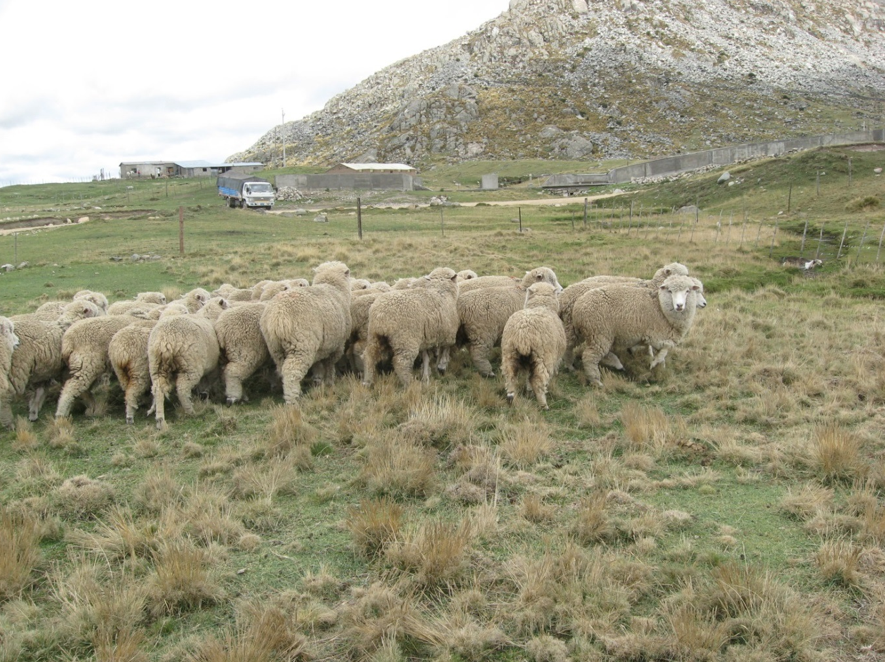
Declare your committment to a World Without Borders.
© 2013 senzaconfini.org. All rights reserved.




